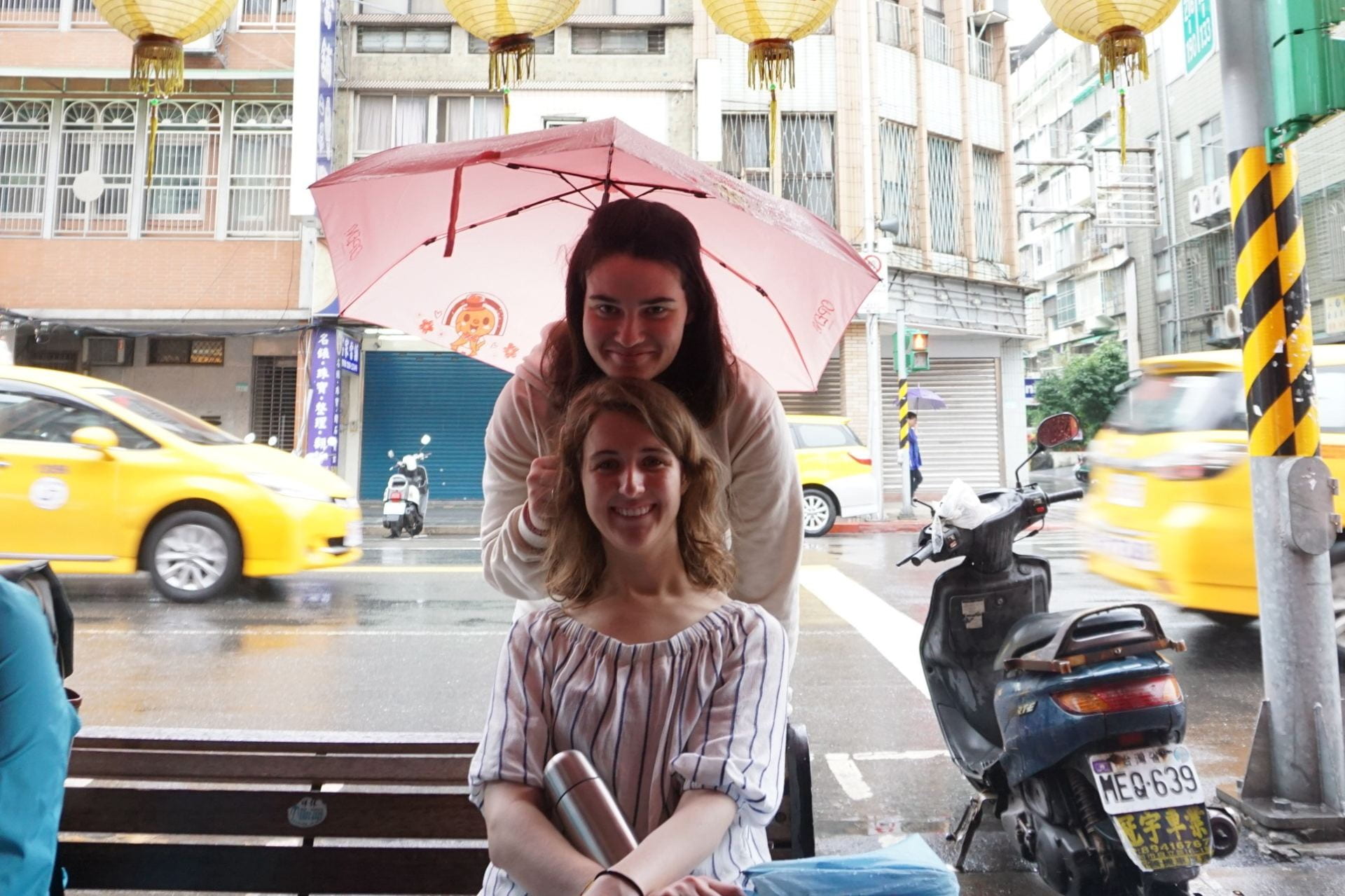My name is Grace McVay and I’m a junior majoring in Agribusiness Management with a minor in International Agriculture. You might have seen me on a previous blog post for the Urban Cultivator, which operates in a partnership between The Student Farm and Market Pollock. Aside from that, I’m involved with the Teaparker Teahouse (a student run teahouse on campus,) and work as an RA. I love raising houseplants, with my pride-and-joy being my coffee plant, George, and cooking veggie-filled dinners.

Growing up, I didn’t have much of a connection to agriculture aside from helping out with my grandfather’s garden and beehives. In high school, I learned about the environmental consequences of our current system of food production, leading me to become a wiser consumer. I assumed that my interest would end there. When I came to Penn State, I entered DUS looking to get a degree in Economics or Political Science, but eventually decided on Energy Business.
Being involved with the Teahouse, I began to learn about the issues with tea production, mainly its high pesticide usage, soil erosion, and labor issues. I started to question how we can justify taxing the environment for something that could be considered a luxury good and began researching sustainable producers and their methods. This led to an interest in other crops such as coffee and cocao and how agricultural innovations can improve efficiency and contribute to a healthy environment.

Finally realizing that I was enjoying this research more than my current studies, I switched my major, added the minor, and began taking classes to learn more about both American and international agriculture in hopes of having a job that contributes to the health of the food system.
The most important part about a sustainable food system for me is finding a way to fulfill one of life’s biggest necessities, for all people, while preserving our environment so that future generations can have access to the same resources as us. Communities across the U.S. and around the world are making improvements necessary for this to happen, but there is still a lot of work that still needs to be done. Education is one of the best ways to make long-term changes. Being able to help educate Penn State students and community members is what I’m looking most forward to with the internship.

